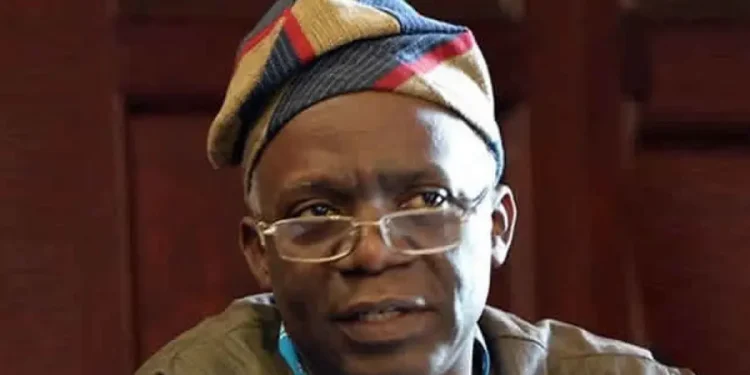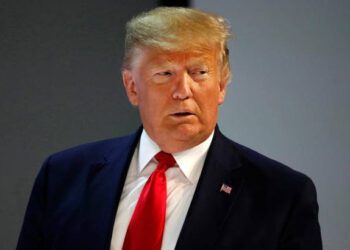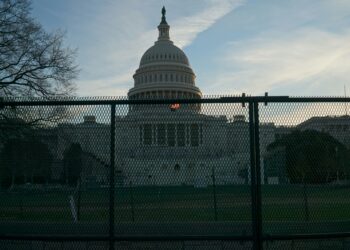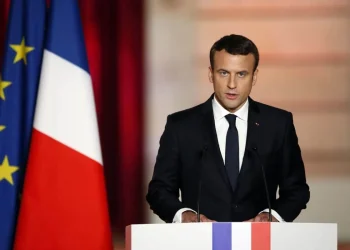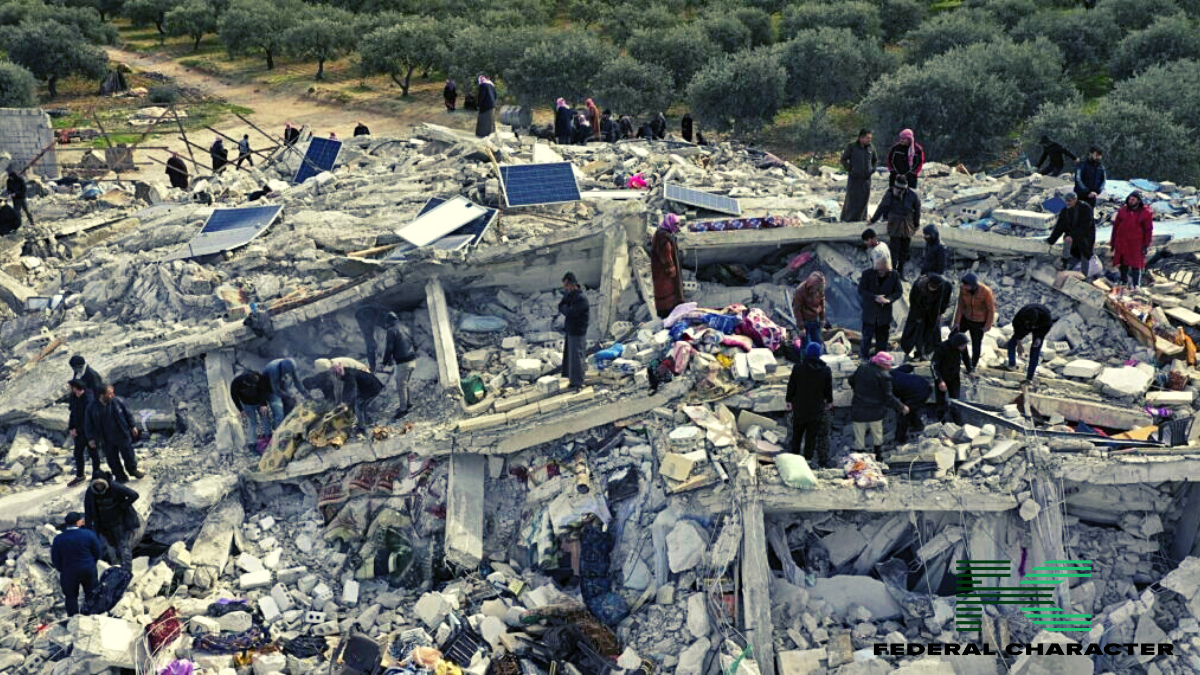Human rights lawyer and Senior Advocate of Nigeria (SAN), Femi Falana, has openly slammed the recent street and bus stop renaming in Lagos State, describing it as “illegal” and “authoritarian.”
He insisted that the action by some local government authorities and individuals was done without following the constitution or seeking the input of the people directly affected. According to Falana, this violates the powers granted to local governments under the Nigerian Constitution.
He made these comments in a detailed statement, where he listed several examples of what he called unlawful renaming.
Bus Stop Named After Charley Boy Changed Without Approval
One of the actions Falana cited was the renaming of Charley Boy Bus Stop to Baddo Bus Stop by the former Chairman of Bariga LCDA, Kolade Alabi. He also pointed to two other streets named after President Bola Tinubu and Governor Babajide Sanwo-Olu, which he claimed were done without legal backing.
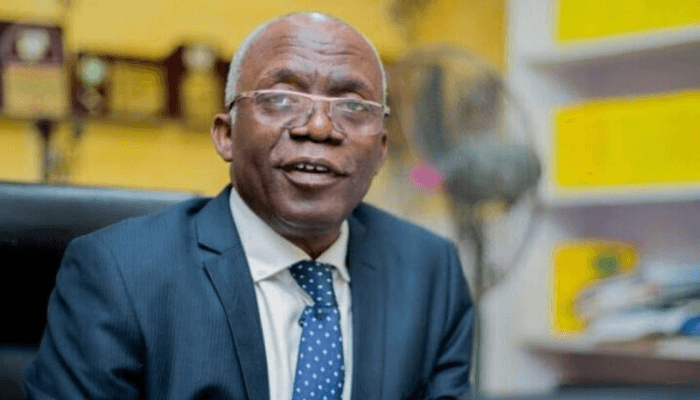
Falana also referenced reports that billionaire businessman, Aliko Dangote, named two streets after his late friend Herbert Wigwe and President Tinubu. He said these changes were allegedly made without official approval from the right authorities.
According to Falana, this is a direct breach of the law.
Only Local Governments Can Rename Streets, Says Constitution
Falana explained that the Nigerian Constitution is clear about who has the power to name or rename streets. According to the Fourth Schedule of the 1999 Constitution, only local government councils have the right to do so. He backed his point with a court ruling in Chief Obidi Ume v. Abuja Metropolitan Management Council, where it was declared that the Abuja Municipal Area Council had the sole authority to name streets within its jurisdiction.
He argued that LCDA officials and individuals cannot take over this power, no matter how influential they are.
“The usurpation of the exclusive functions of local governments on street naming by certain individuals and Local Council Development Areas in Lagos State cannot be justified under the Nigerian Constitution,” Falana stated.
Falana Defends Charley Boy Bus Stop as Community Symbol
Speaking further, Falana criticized the renaming of Charley Boy Bus Stop, calling it a location with deep historical and cultural value to the people of Bariga and Gbagada. He said the name was chosen by the community due to Charley Boy’s social impact and presence in the area.
“Charley Boy Bus Stop acquired its name sociologically due to its functionality and the positive impact which Charley Boy has historically made in the area,” he said.
He described the change as a disrespectful and forceful act, done without consulting the people.
Falana Says Street Renaming Is Being Politicised
Falana did not hold back in his statement. He accused Lagos authorities of using street renaming as a political tool to promote loyalty to certain figures or to push ethnic bias. He noted that while colonial-era names remain untouched, names honoring Nigerians with real community impact are being removed.
“Streets should not be renamed arbitrarily to please the whims and caprices of political leaders or to promote ethnic chauvinism, especially in a cosmopolitan capital city like Lagos,” he warned.
Calls for Public Hearings and Legal Process
To avoid further abuse of power, Falana advised that local government legislative arms in Lagos should take the lead in regulating street naming. He said public hearings should be made mandatory before any public space is renamed.
He believes street renaming decisions must reflect the will of the people, not the desires of politicians or wealthy individuals.
Falana Slams Lagos Over Illegal Street Renaming
Falana slammed Lagos over illegal street renaming, insisting that the Constitution must be followed and community voices must be heard. His comments have ignited conversations about legality, identity, and the misuse of power by local leaders. He warned that renaming streets without following due process undermines democracy and cultural history in a diverse state like Lagos.

